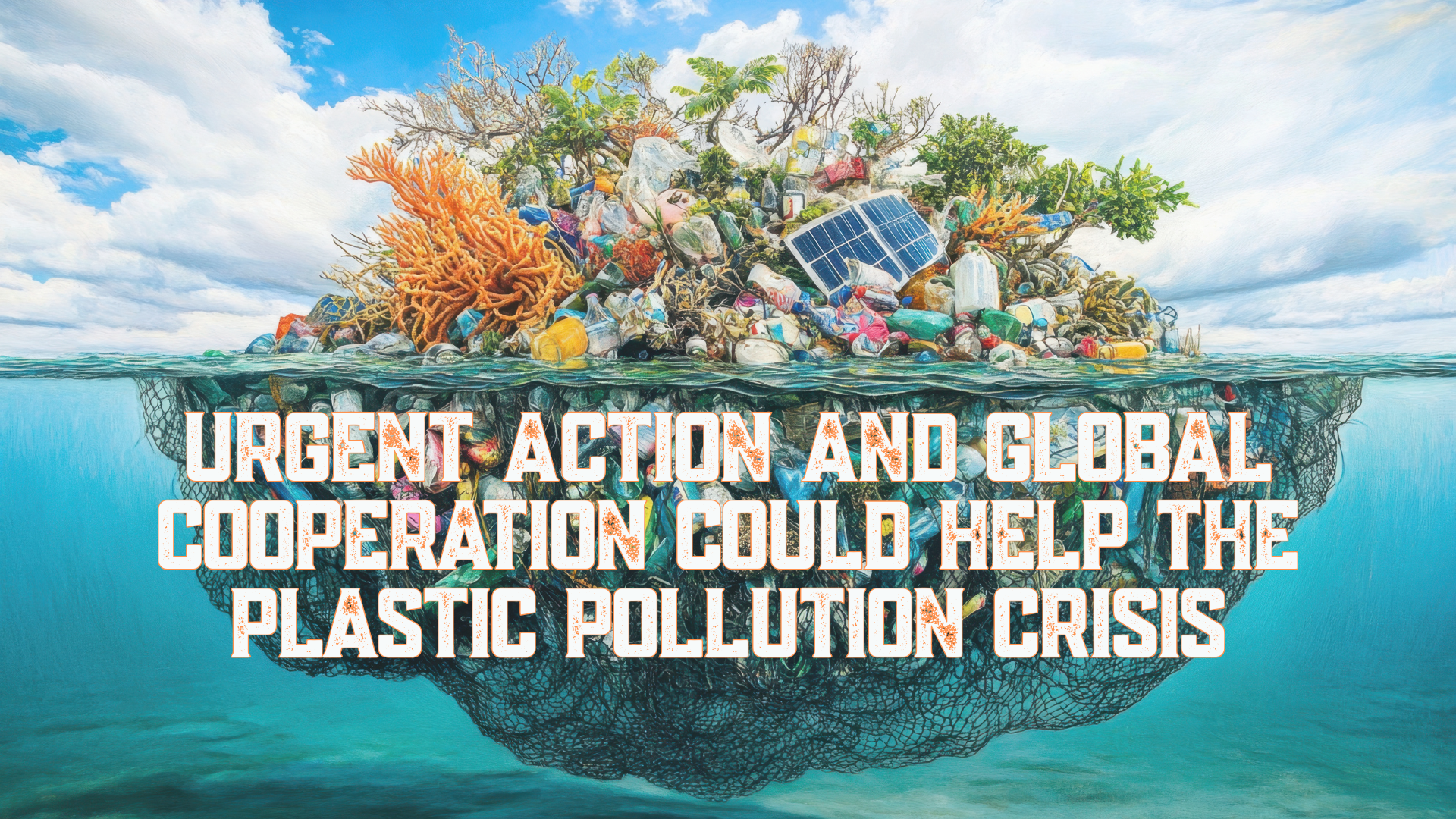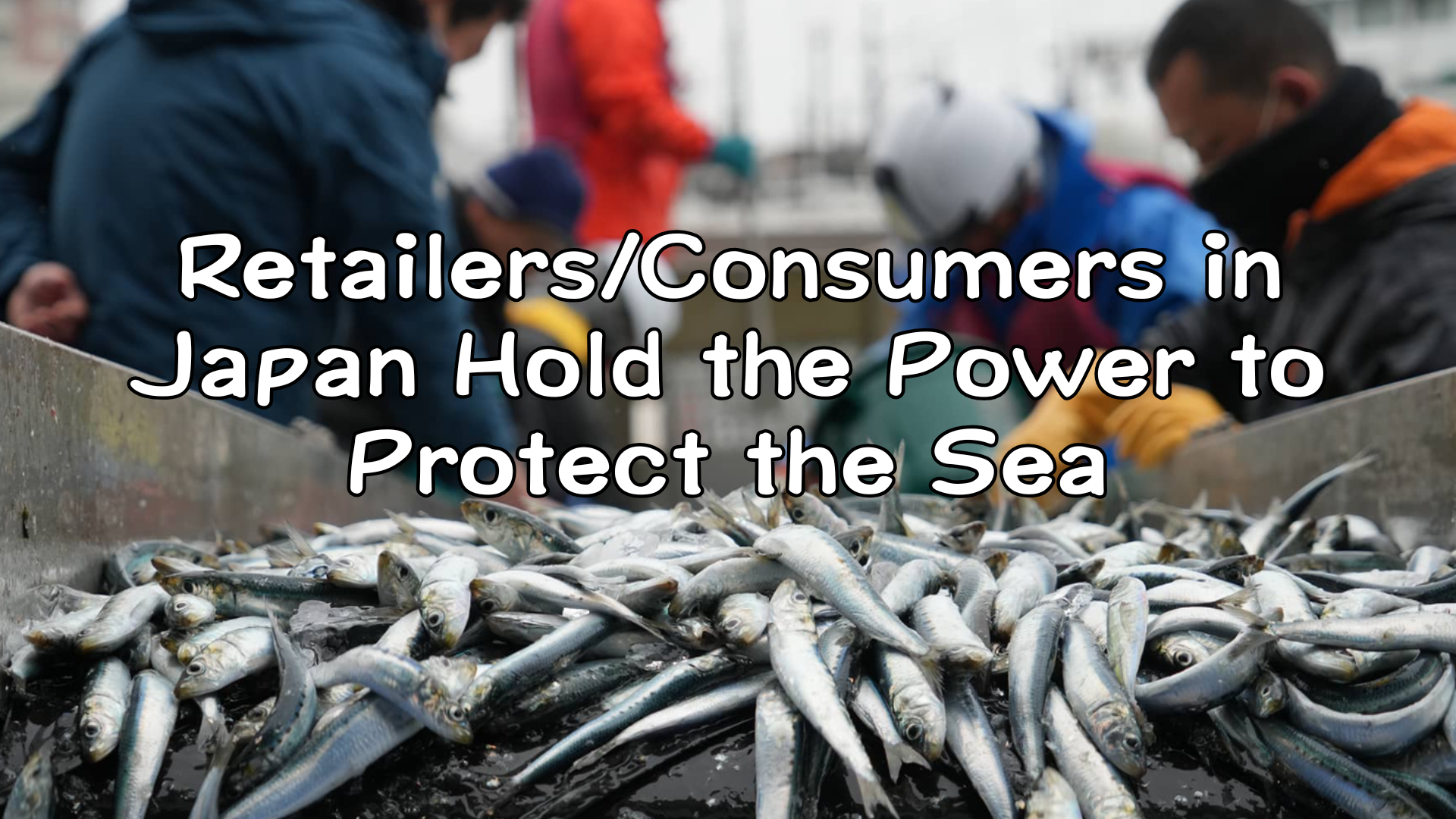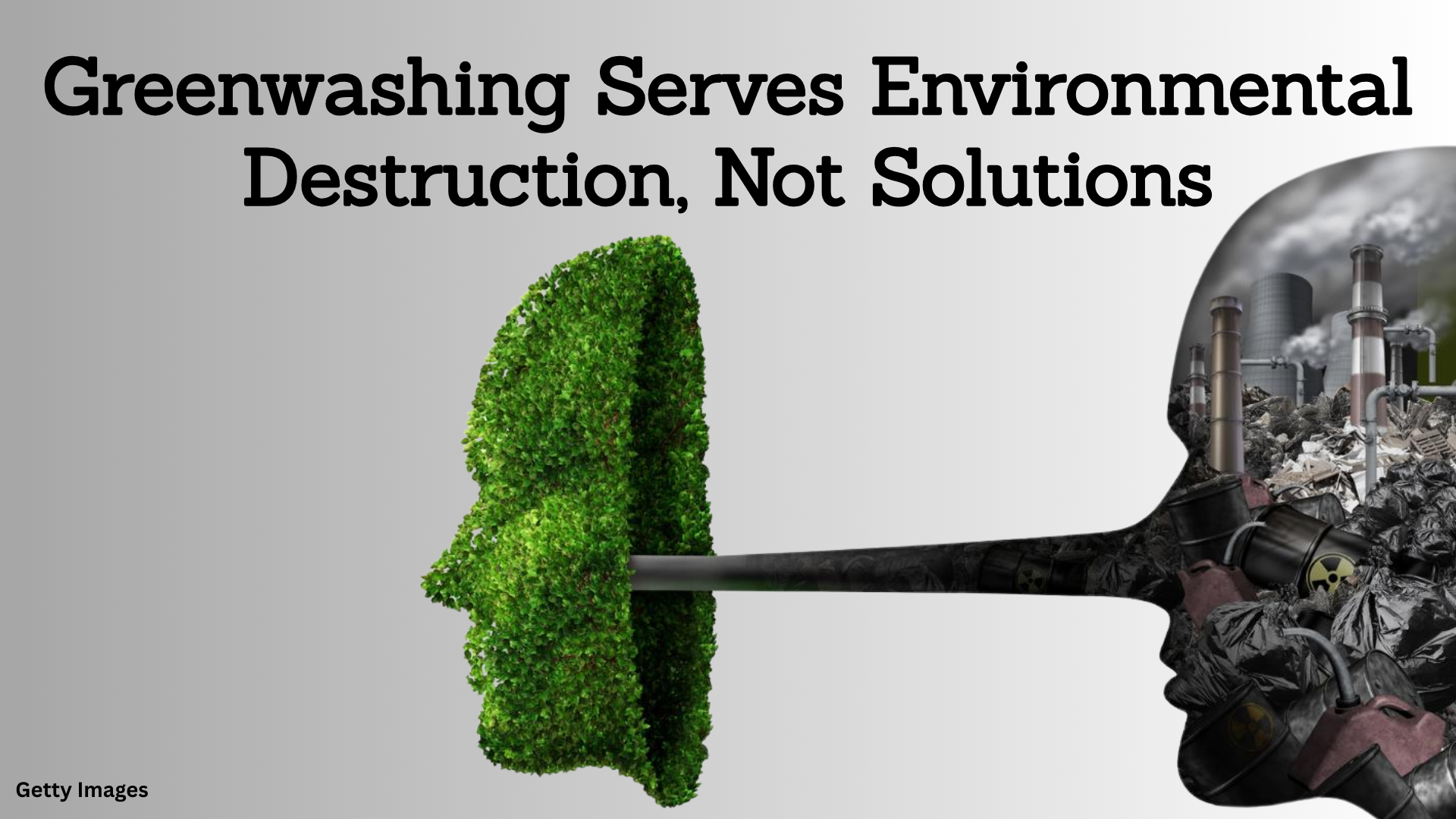The Good, The Bad and The Ugly
.jpg)

It looks like Northern Europe is cleaning up their waters with Denmark officially approving the ban on pollutant-producing open-loop scrubbers that will take effect on July 1st, 2025.
Additionally, the Norwegian Sea gained declaration as an Emission Control Area (ECA) alongside the Canadian Arctic in the March 2024 IMO MEPC 81st session, which will go into effect in March 2026.
ECAs are areas with strict compulsory regulations on the amount of pollution such as from sulfur oxides (SOx), particulate matter (PM), and nitrogen oxides (NOx) that ships can emit while travelling through the region. For example, ECAs enforce a strong limitation on sulfur emissions such that the 2020 IMO global 0.5 percent tolerance is further decreased to a 0.1 percent allowance. Receiving an ECA designation is crucial in allowing countries to regulate pollution including awful scrubber discharge up to 188 nautical miles beyond the shorter 12-nautical-mile distance from shore.
It is likely that we will start seeing more countries not only imposing bans on lethal scrubbers but also declaring ECAs to protect their marine environments whilst simultaneously effectively reducing the number of scrubber-installed vessels transiting our oceans in order to remain compliant with ECA requirements.
Though these new scrubber-free zones, ECA declarations, and overall regulations on water pollution are a step in the right direction, it is evident our work is not done.
Back in September, we exposed the harmful effects that toxic scrubbers have on vital coral populations like those in certain ECAs. Though these scrubbers supposedly filter out pollutants, they still emit percentages of CO2 (>4%), PM (>70%), and SOx (>7%) into the atmosphere, along with 10 gigatons of combined pollutants from scrubber discharge into our oceans yearly. These pollutants trap heat and raise the temperature of the marine environment, threatening aquatic life and threatening annual mass coral bleaching events if change isn’t effected soon enough.
To the detriment of our marine ecosystems, these horrifying scrubbers unfortunately continue to pollute ECAs like the Great Barrier Reef to the extent that we are now witnessing the 4th Global Mass Coral Bleaching Stress Episode. (Editor’s Note: We had previously said that six mass bleaching events have occurred; however, the mass bleaching events occurring from 2014 to 2017 are now all considered as one event, along with the other two previous bleaching events occurring in 1998 and 2010 respectively).
Whereas the mass bleaching event from 2014-2017 resulted in more than 56% of global reefs experiencing bleaching, analysis from February 2023 to now, April 2024, shows that the current bleaching event accounts for more than 54% of coral reef areas in the global ocean experiencing bleaching-level heat stress. This percentage is expected to continue increasing at a rate of 1% per week. At these levels, this event is poised to become the worst bleaching event in history.
We are pleading for more than just the designations of ECAs. We NEED a total ban of these awful polluting scrubbers to help limit these rising global temperatures and prevent the extinction of critical species such as coral reefs.
1. Clearing the air: WWF-Canada leadership leads to reduced Arctic ship emissions - WWF.CA
2. Coral bleaching: Fourth global mass stress episode underway - US scientists (bbc.com)
3. Scientists Predict Most Extensive Coral Bleaching Event on Record - The New York Times(nytimes.com)







.png)

.png)
